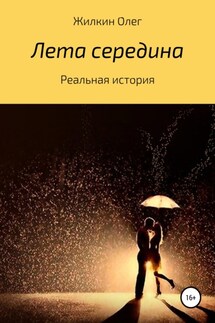Eureka - страница 5
"Yes, Kepler was essentially a theorist; but this title, now of so much sanctity, was, in those ancient days, a designation of supreme contempt. It is only now that men begin to appreciate that divine old man – to sympathize with the prophetical and poetical rhapsody of his ever-memorable words. For my part," continues the unknown correspondent, "I glow with a sacred fire when I even think of them, and feel that I shall never grow weary of their repetition – in concluding this letter, let me have the real pleasure of transcribing them once again – 'I care not whether my work be read now or by posterity. I can afford to wait a century for readers when God himself has waited six thousand years for an observer. I triumph. I have stolen the golden secret of the Egyptians. I will indulge my sacred fury.'"
Here end my quotations from this very unaccountable and, perhaps, somewhat impertinent epistle; and perhaps it would be folly to comment, in any respect, upon the chimerical, not to say revolutionary, fancies of the writer – whoever he is – fancies so radically at war with the well-considered and well-settled opinions of this age. Let us proceed, then, to our legitimate thesis, The Universe.
This thesis admits a choice between two modes of discussion – We may ascend or descend. Beginning at our own point of view – at the Earth on which we stand – we may pass to the other planets of our system – thence to the Sun – thence to our system considered collectively – and thence, through other systems, indefinitely outwards; or, commencing on high at some point as definite as we can make it or conceive it, we may come down to the habitation of Man. Usually – that is to say, in ordinary essays on Astronomy – the first of these two modes is, with certain reservation, adopted – this for the obvious reason that astronomical








